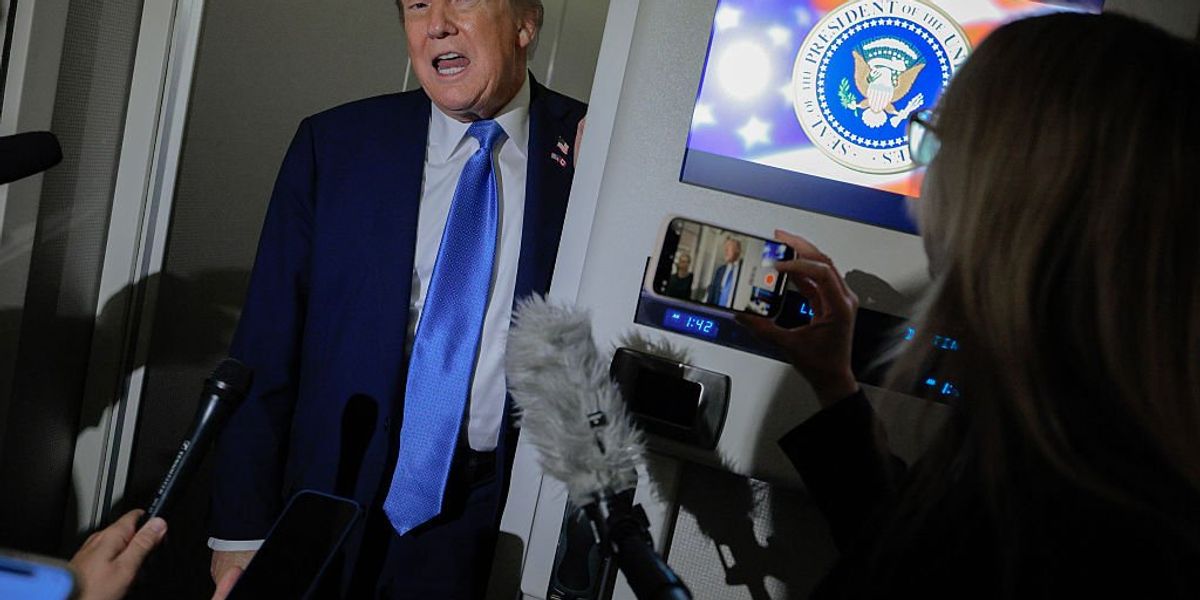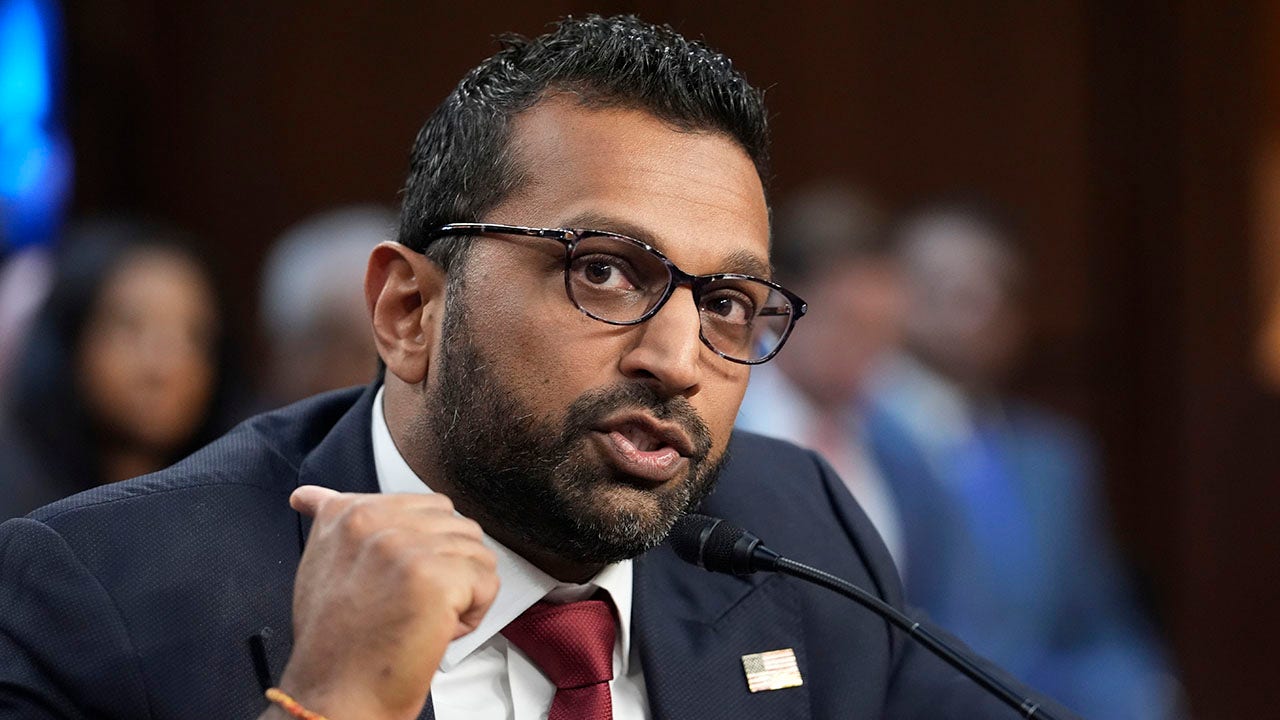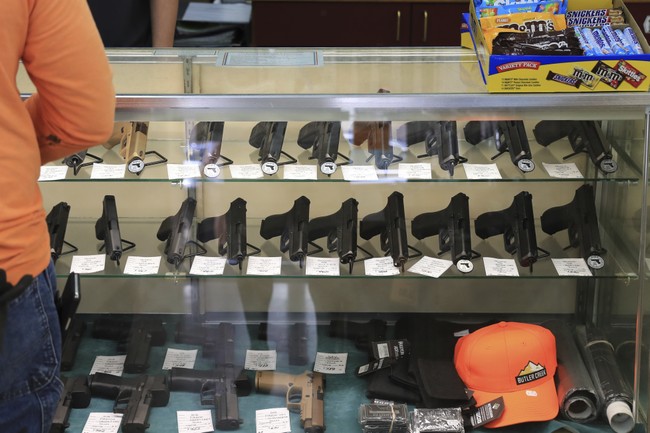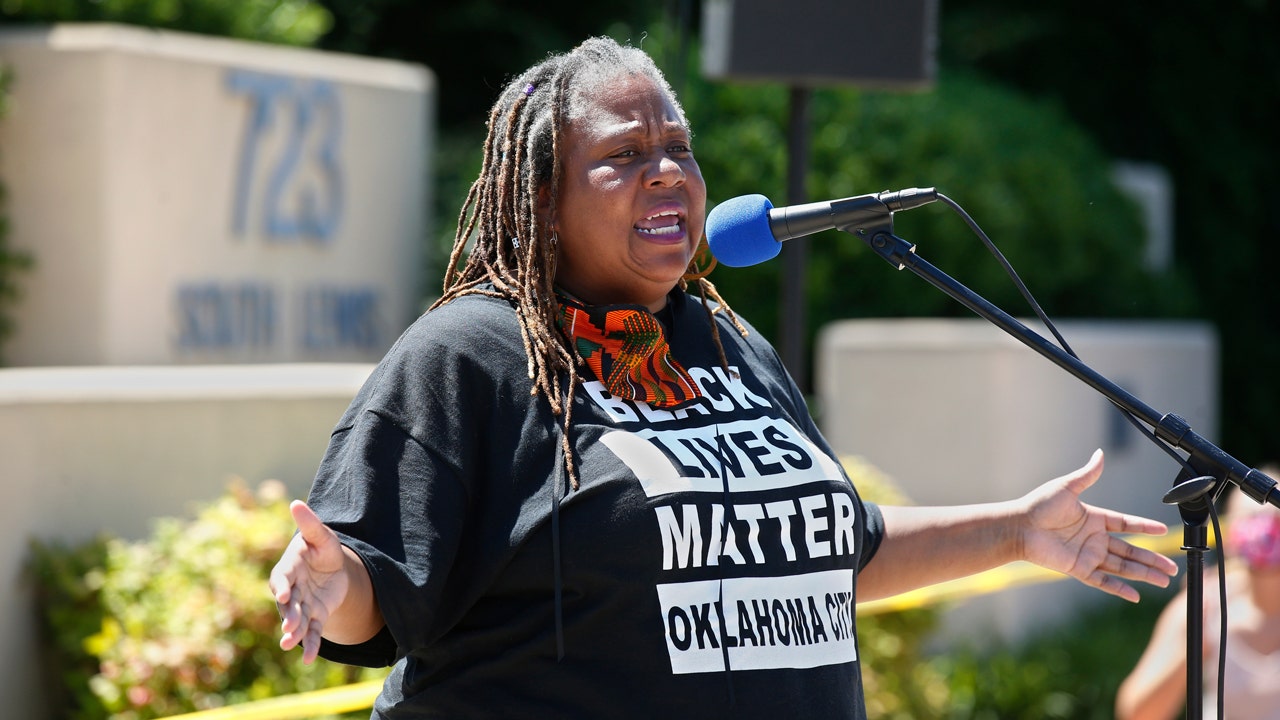Is Donald Trump a warmonger? It’s a simple question, and yet an increasingly popular accusation from corners of the political class and commentariat that once saw him as the clearest alternative to globalist foreign adventurism. But such an accusation also defies the record. Whatever else one might say about Trump, he has been — consistently and vocally — against needless foreign entanglements.
To suggest that he has suddenly pivoted toward militarism is to misunderstand either the man himself or the moment we are in. Trump is not easily swayed from his core convictions. Trade protectionism and anti-interventionism have always been part of his political DNA. On tariffs, he is unbending. And when it comes to war, he has long argued that America must stop serving as the world’s policeman.
Is Iran another Iraq, or is it more like Poland in 1980?
So when people today accuse Trump of abandoning his anti-interventionist principles, we must ask: What evidence do we have that he has changed? And if he has, does that mean he was misleading us all along — or is something else happening?
If you’ve lost your trust in him, fine. Fair enough. But then the question becomes: Who do you trust? Who else has stood on stage, risked his life, and remained — at least in conviction — largely unchanged?
I’m not arguing for blind trust. In fact, I strongly advise against it. Reagan had it right when he quoted a Russian proverb during nuclear disarmament talks with the Soviet Union: “Trust, but verify.” Trust must be earned daily — and verified constantly. But trust, or the absence of it, is central to what we’re facing.
Beyond pro- and antiwar
The West is being pulled in two directions: one toward chaos, the other toward renewal. Trust is essential to renewal. Chaos thrives when people lose confidence — in leaders, in systems, in one another.
We are in a moment when clarity is difficult but necessary. And clarity requires asking harder questions than whether someone is “for or against war.”
Too many Americans today fall into four broad categories when it comes to foreign conflict.
First are the trolls — those who aren’t arguing in good faith, but revel in provocation, division, and distrust. Their goal isn’t clarity. It’s chaos.
Second are those who, understandably, want to avoid war but won’t acknowledge the dangers posed by radical Islamist ideology. Out of fear or fatigue, they have chosen willful blindness. This has been a costly mistake in the past.
Third are those who, like me, do not want war but understand that certain ideologies — particularly those of Iran’s theocratic rulers — cannot be ignored or wished away. We study history. We remember 1979. We understand what the “Twelvers” believe.
Twelversare a sect of Shia Islam whose clerics believe the return of the 12th Imam, their messianic figure, can only be ushered in by global conflict and bloodshed. Iran is the only nation in the world to make Twelver Shia its official state religion. The 12th Imam is not a metaphor. It’s doctrine, and it matters.
Finally, there are the hawks. They cheer for conflict. They seek to project American power, often reflexively. And they carry the swagger of certainty, even as history offers them little vindication.
The last few decades have offered sobering lessons. Regime change in Iraq, Afghanistan, Libya, Syria — none produced flourishing democracies or stable allies. While America is capable of toppling regimes, we’re not so good at manufacturing civil societies. Real liberty requires real leadership on the ground. It requires heroes — people willing to suffer and die not for power, but for principle.
That’s what was missing in Kabul, Baghdad, and Tripoli. We never saw a Washington or a Jefferson emerge. Brave individuals assisted us, but no figures rose to power with whom nations could coalesce.
Is Iran 1980s Poland?
That is why I ask whether Iran is simply the next chapter in a tired and tragic book — or something altogether different.
Is Iran another Iraq? Or is it more like Poland in 1980? It’s not an easy question, but it’s one we must ask.
During the Cold War, we saw what it looked like when people yearned for freedom. In Poland, Hungary, and Czechoslovakia, dissidents risked everything for a chance to escape tyranny. There was a moral clarity. You could hear it in their music, see it in their marches, feel it in the energy that eventually tore down the Berlin Wall.
Is that spirit alive in Iran?
RELATED: Mark Levin sounds alarm: Stop Iran’s nuclear ambitions before it’s too late
Alex Wong/Getty Images
We know that millions of Iranians have protested. We know many have disappeared for it. The Persian people are among the best educated in the region. They are culturally rich, historically sophisticated, and far more inclined toward Western ideals than the mullahs who rule them.
But we know Iran’s mullahs are not rational actors.
So again, we must ask: If the people of Iran are capable of throwing off their theocratic oppressors, should the United States support them? If so, how — and what would it cost us?
Ask tougher questions
I am not calling for war. I do not support U.S. military intervention in Iran. But I do support asking better questions. Is it in our national interest to act? Is there a moral imperative we cannot ignore? And do we trust the institutions advising us?
I no longer trust the intelligence agencies. I no longer trust the think tanks that sold us the Iraq War. I certainly don’t trust the foreign policy establishment in Washington that has consistently failed upward.
But I do trust the American people to engage these questions honestly — if they’re willing to think.
I believe we may be entering the first chapter of a final, spiritual conflict — what Scripture calls the last battle. It may take decades to unfold, but the ideological lines are being drawn.
And whether you are for Trump or against him, whether you see Iran as a threat or a distraction, whether you want peace or fear it’s no longer possible — ask the tougher questions.
Because what comes next won’t be determined by slogans. It will be determined by what we truly believe.
Want more from Glenn Beck? Get Glenn’sFREE email newsletter with his latest insights, top stories, show prep, and more delivered to your inbox.
Read the full article here






![‘This Is an Intervention’ on Illegal Immigration [WATCH] ‘This Is an Intervention’ on Illegal Immigration [WATCH]](https://www.lifezette.com/wp-content/uploads/2024/08/2024.08.29-03.20-lifezette-66d091d599d42.jpg)
![Charlamagne tha God Says Democrats Undermine Their Own Warnings by ‘Playing Footsie’ With Donald Trump [WATCH] Charlamagne tha God Says Democrats Undermine Their Own Warnings by ‘Playing Footsie’ With Donald Trump [WATCH]](https://www.boredtrashpanda.com/wp-content/uploads/2025/09/2025.09.07-11.22-boredtrashpanda-68bd6b0616366.jpg)




